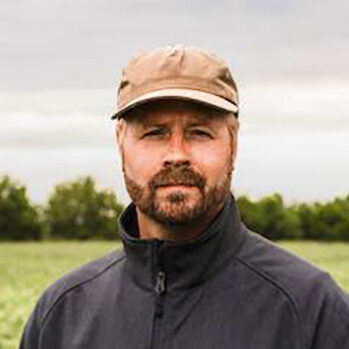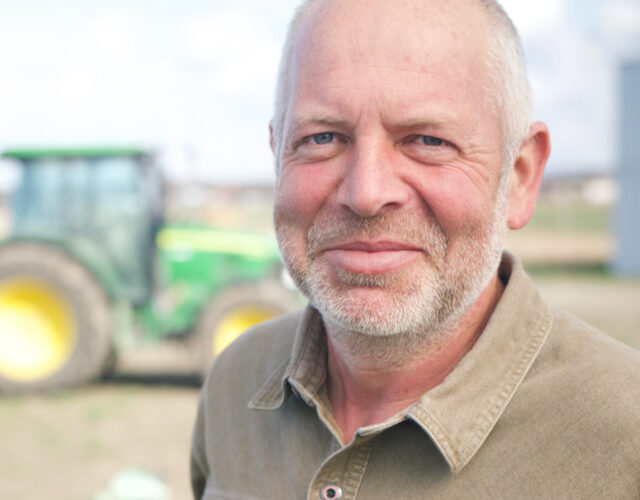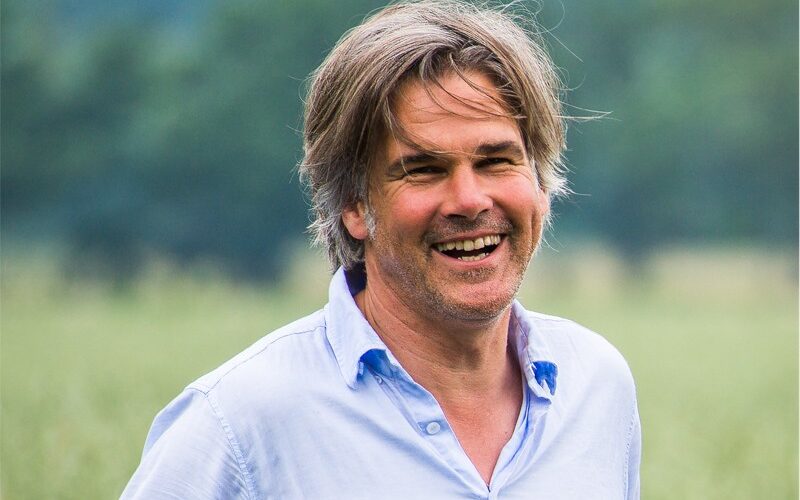Mateusz Ciasnocha and Maria Virginia Solis Wahnish – From EU Soil Mission to Pope Francis, how to change local and state agriculture and food policies
A conversation with Maria Virginia Solis Wahnish and Mateusz Ciasnocha, both involved with the Farm of Francesco. Maria Virginia is founder of Drink Matera, while Mateusz is CEO of the European Carbon Farmers, and member of the EU Soil Mission board. We discuss why it is so important to connect with policymakers and how to actually do that, the importance of farmers’ education and a very detailed answer to the 1 billion euro question to enable many more people to get involved in farming. And what has Pope Francis to do with all of this?









